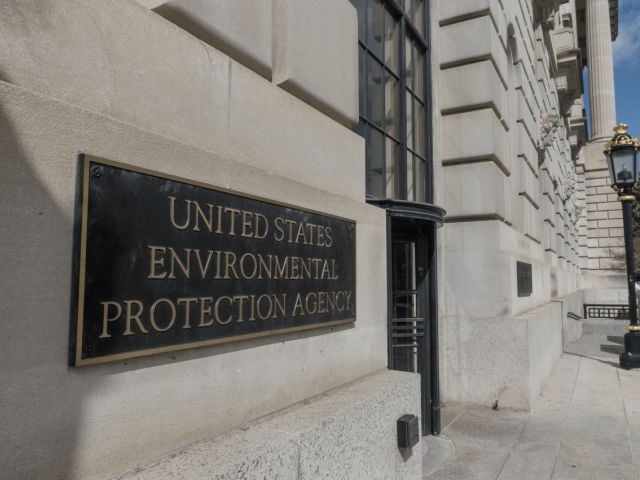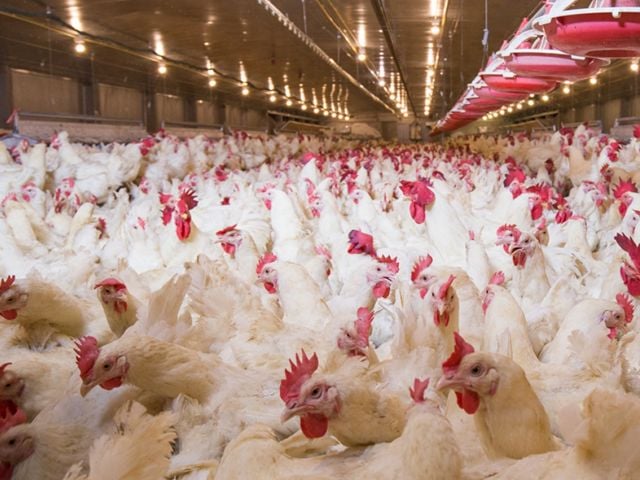
By 2050, antibiotic resistant bacteria are projected to kill 10 million people a year, more than the current death toll from all cancers globally, which has reached 8.2 million.
And new research from the World Bank estimates the rise of these antibiotic resistant “superbugs” could be catastrophic to the global economy – as bad as or worse than the 2008 financial crisis – costing up to $100 trillion by 2050.
At a session of the United Nations General Assembly today (Wednesday, Sept. 21), world leaders approved a sweeping landmark declaration to confront antibiotic resistance.
"Antimicrobial resistance poses a fundamental, long-term threat to human health, sustainable food production and development," U.N. Secretary-General Ban Ki-moon said. “…We are losing our ability to protect both people and animals from life-threatening infections."
The last public health issue the U.N. General Assembly addressed was the Ebola crisis of 2014.
You might think that with a catastrophic health threat unfolding, people would be extra careful with antibiotic use.
You’d be wrong.
Some 70 to 80 percent of all antibiotics consumed in the U.S. go to livestock –most often to promote growth or prevent infections, rather than to treat diseases in the animals. This routine, unnecessary use of antibiotics in well animals fuels the rise of antibiotic resistant bacteria.
“Poultry, cattle, and swine raised with antibiotics harbor significant populations of antibiotic-resistant bacteria, which are transmitted to humans through direct contact with the animals and through their meat, eggs, and milk,” the Center for Disease Dynamics, Economics & Policy said in a recent report.
A 2013 EWG analysis of U.S. government reports showed that antibiotic-resistant bacteria were detected in 81 percent of raw turkey and 69 percent of raw pork tested by federal scientists.
Yet, so far, the Food and Drug Administration has taken a strictly voluntary approach to reining in overuse of antibiotics. The FDA’s efforts have had little impact.
Regulators in the European Union have called for a reduction of antibiotics used in livestock. In the U.S., Sen. Dianne Feinstein, D-Calif., has introduced a bill that would restrict the use of medically important antibiotics in well animals.
As consumers, we can opt for organic and certified humane meat and poultry that aren’t treated with unnecessary antibiotics. Check out EWG’s Food Scores to find meat and poultry raised without antibiotics.


